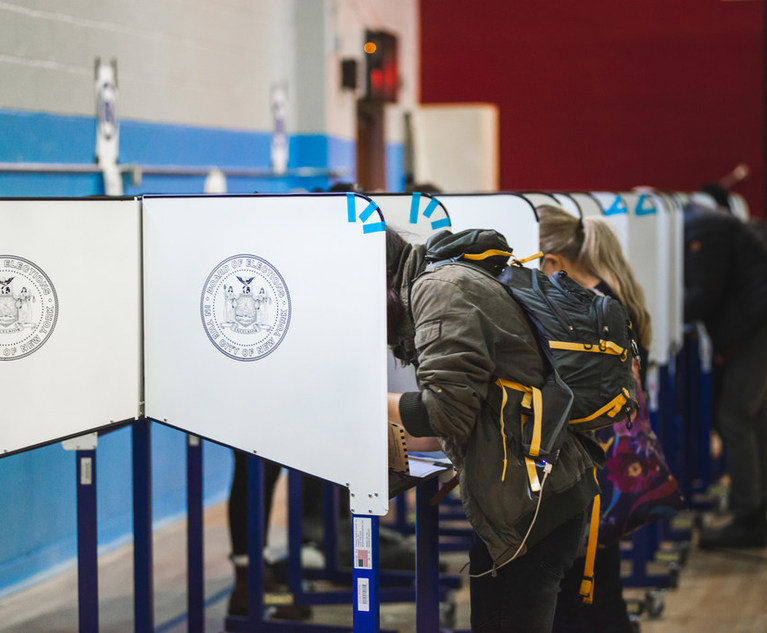On Nov. 7, 2017, Mohamed Albanna was elected to the Lackawanna City Council. One of New York’s smaller cities (pop. 18,141, according to the 2010 census), Lackawanna is just south of Buffalo, near Lake Erie. Albanna’s election was immediately certified by the local board of elections, and he was due to take his oath of office on Jan. 1, 2018. In late December, however, the New York Supreme Court in Erie County found him ineligible and removed him. The basis for the court’s determination was that Albanna had pled guilty to the felony of operating an unlicensed money transmission business 11 years earlier, and, according to the petition (brought by Lackawanna’s Mayor), his crime constituted “moral turpitude.” Under the Lackawanna City Charter, a crime “involving moral turpitude” renders a candidate ineligible to serve in public office. Albanna appealed, and the decision was affirmed. Szymanski v. Albanna, 157 A.D.3d 1189 (4th Dep’t 2018).
Putting aside for a moment the merits of the decision, it appears that the court lacked jurisdiction to remove him. If the issue of Albanna’s eligibility had been raised when he petitioned for a place on the ballot, the court could have exercised its authority under the Election Law to strike his name.[1] Or, once Albanna was sworn in, the court could have entertained a quo warranto proceeding to remove him from office—which, under the Executive Law, could be brought only by the state Attorney General. Instead, during the interregnum after being certified as the next Council Member and before being sworn in, the court chose, without any express statutory authority, to set aside the decision of the voters and nullify his election. A replacement for Albanna has already been chosen by the Council, and was sworn in last week.


 Jerry H. Goldfeder
Jerry H. Goldfeder




